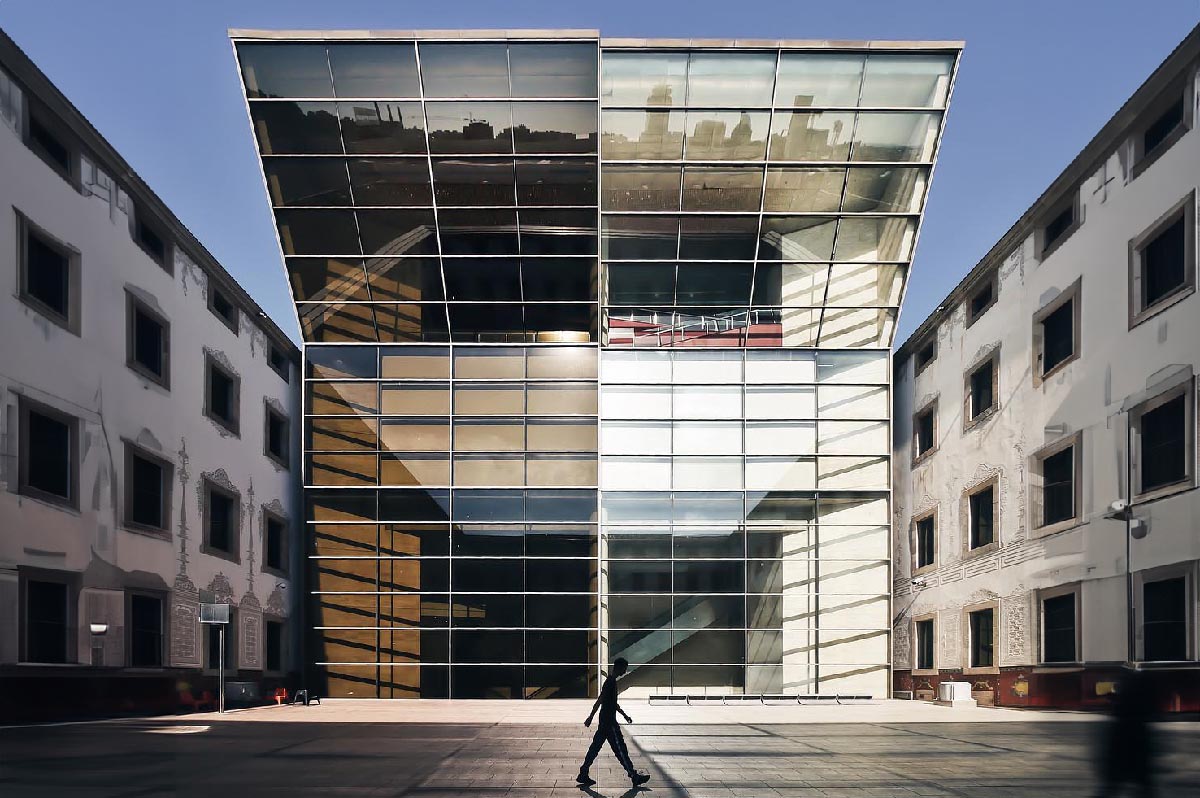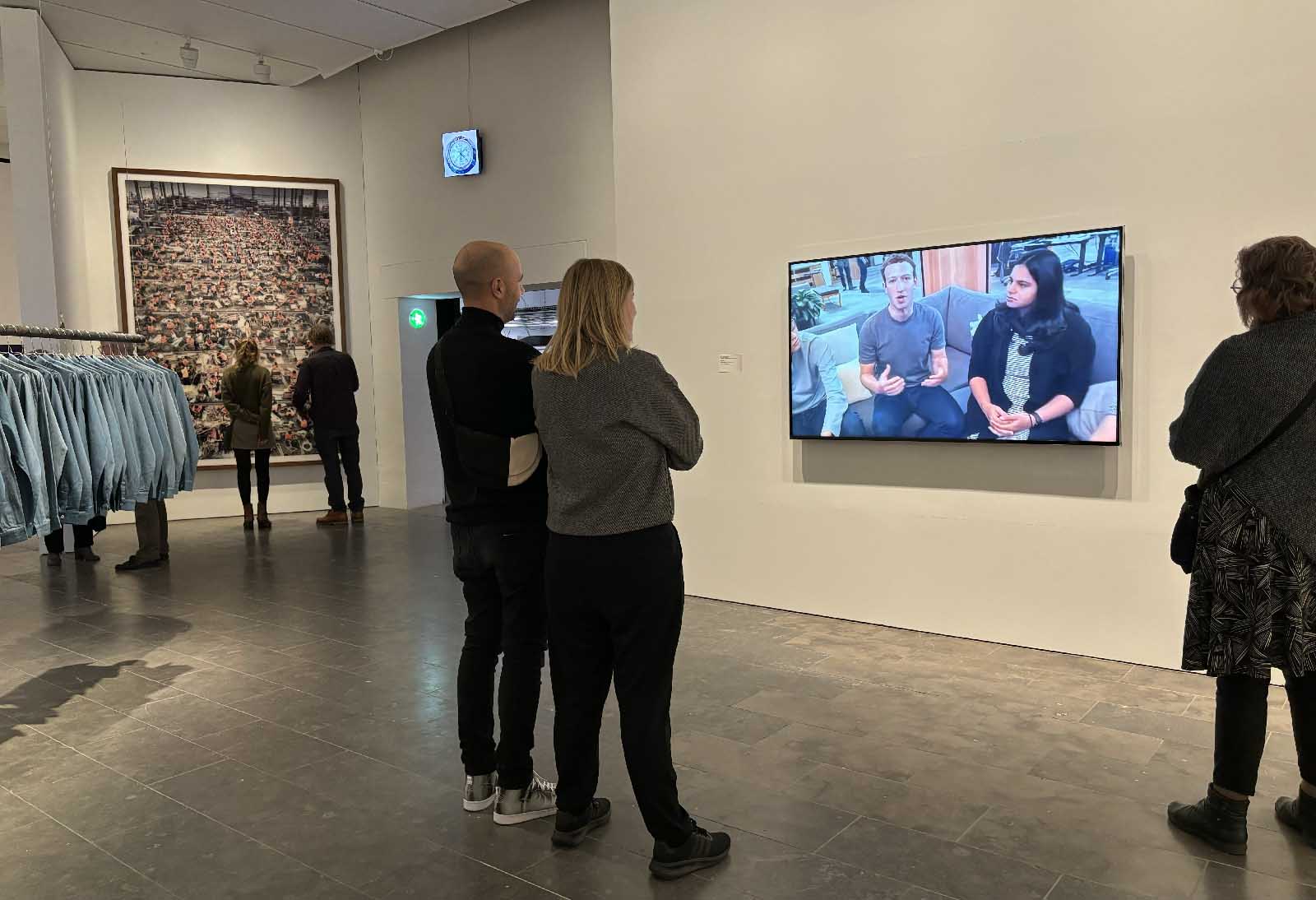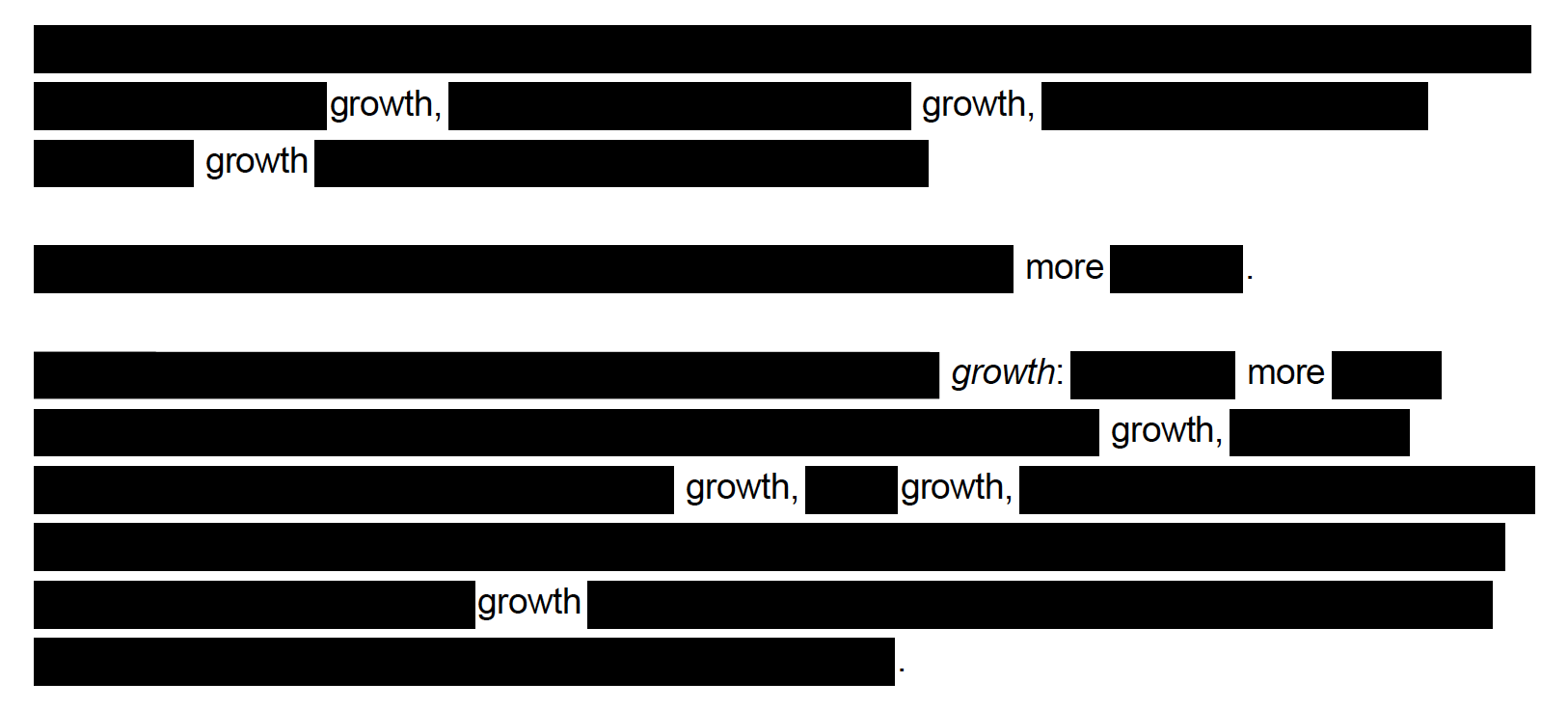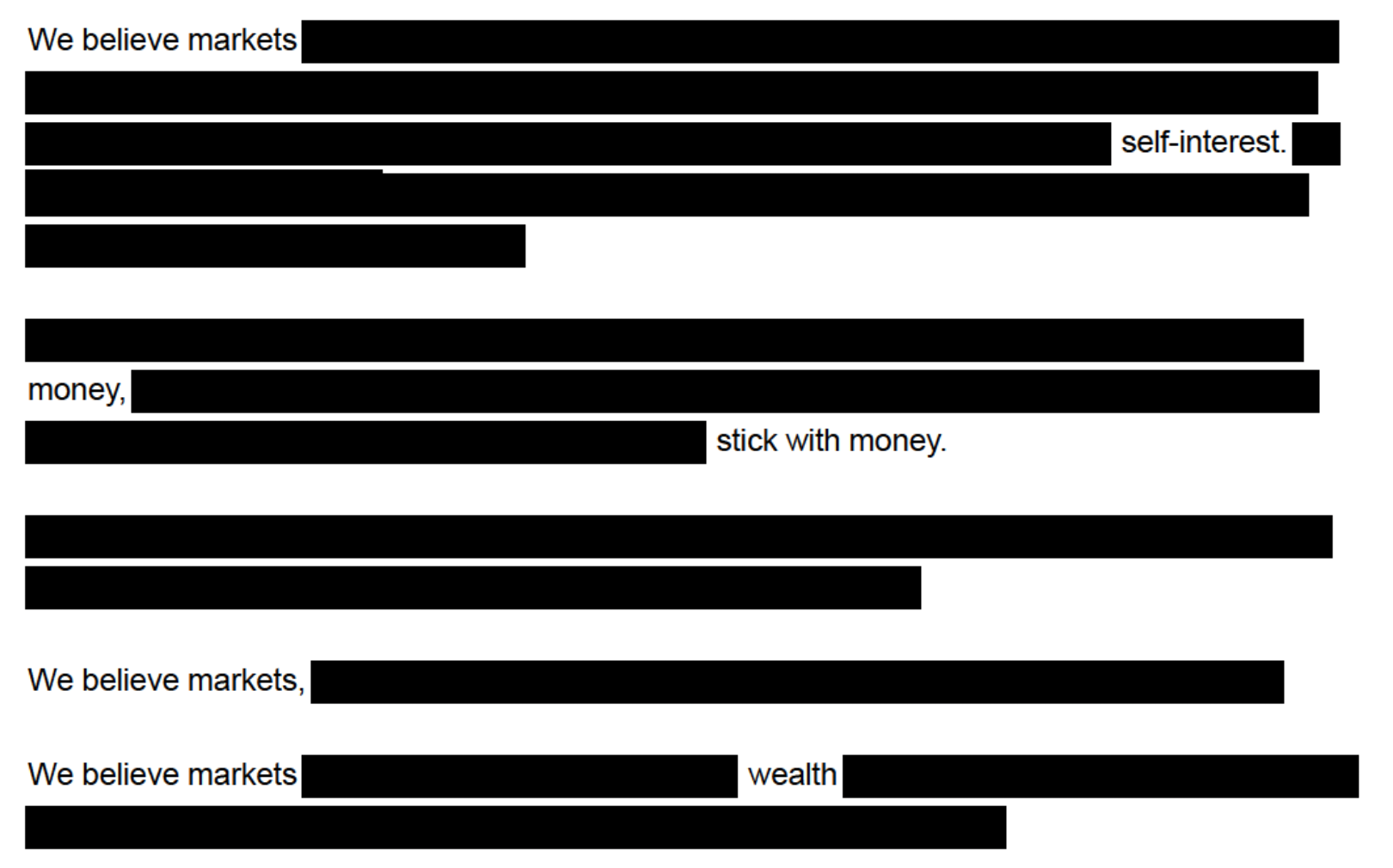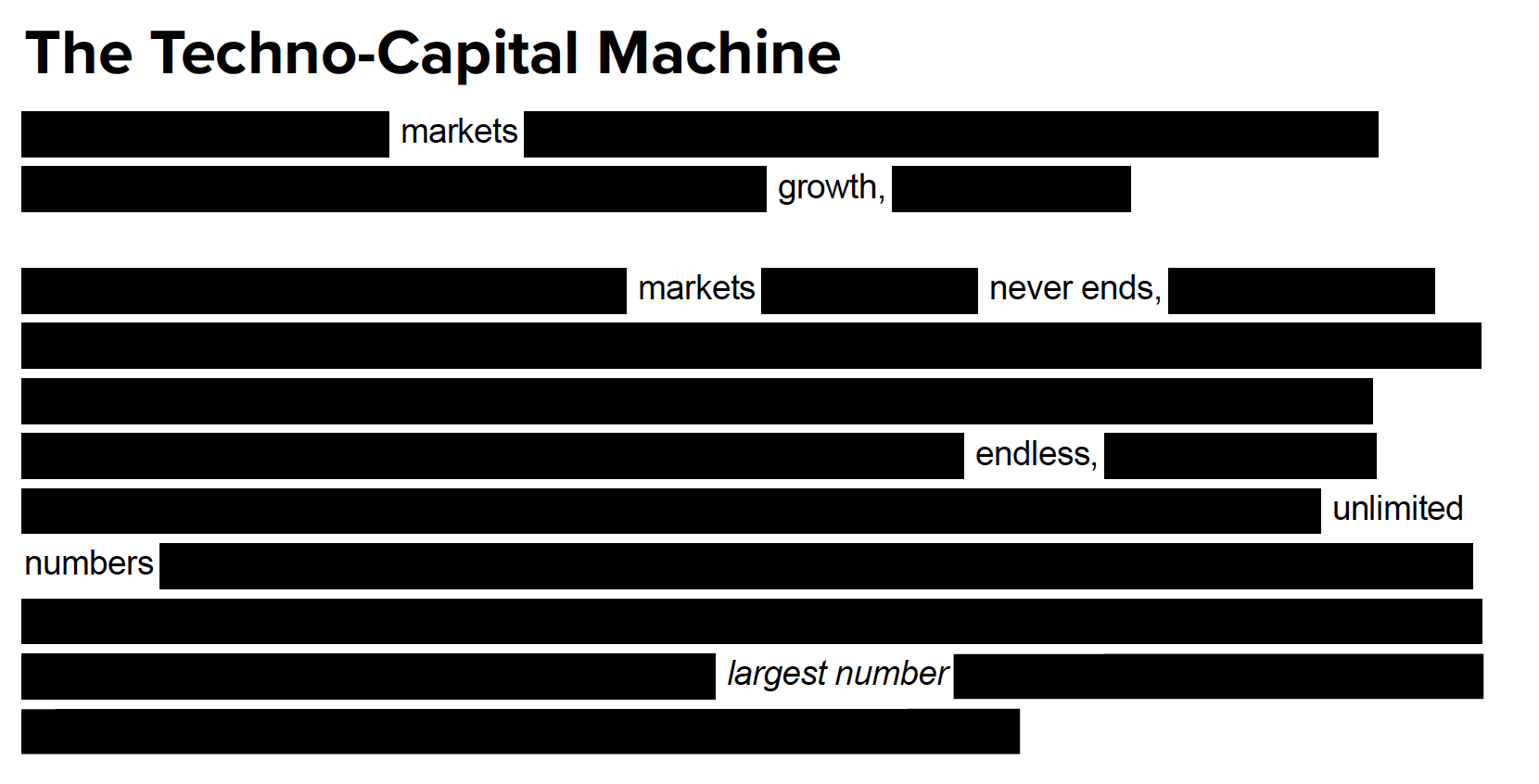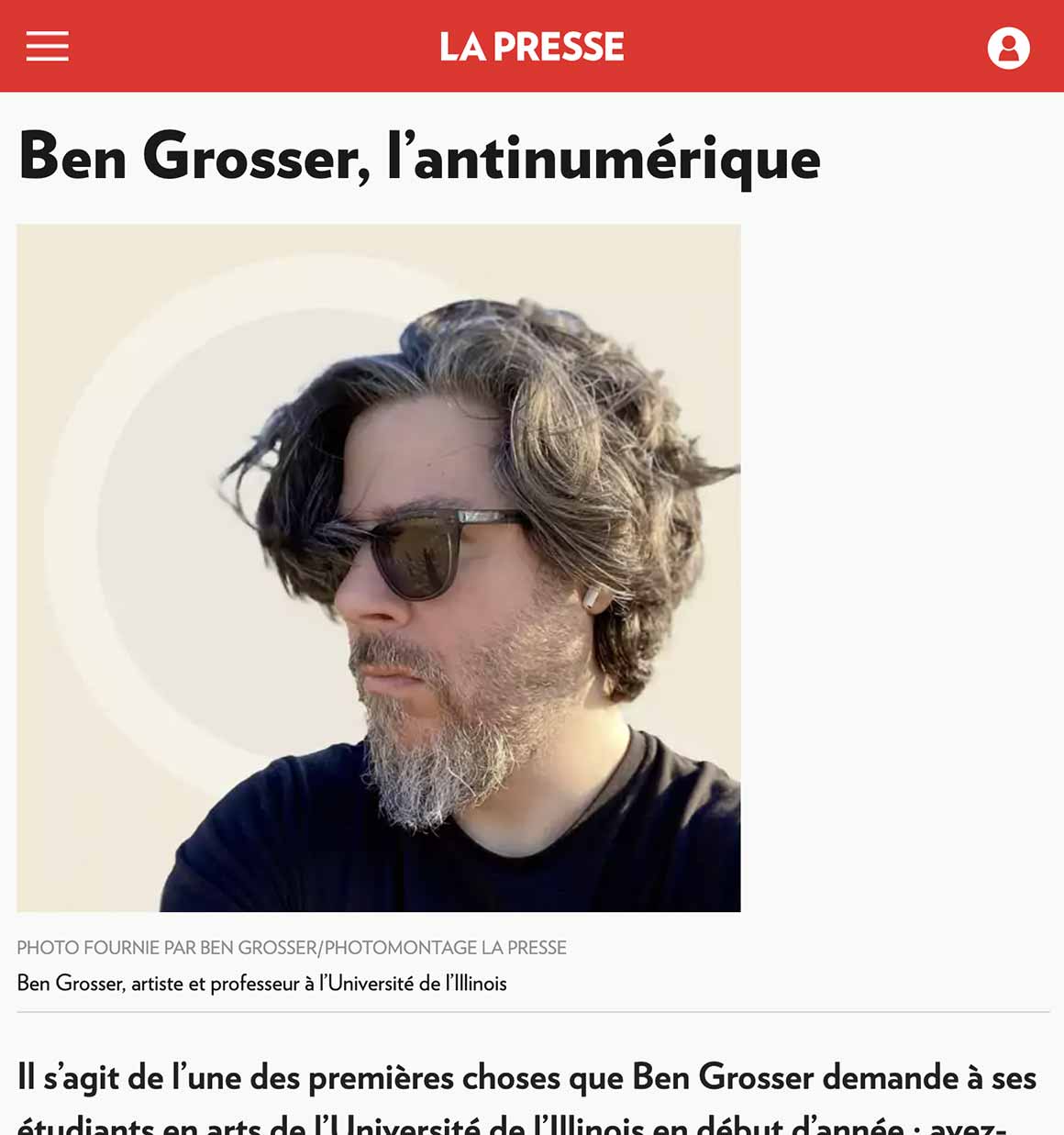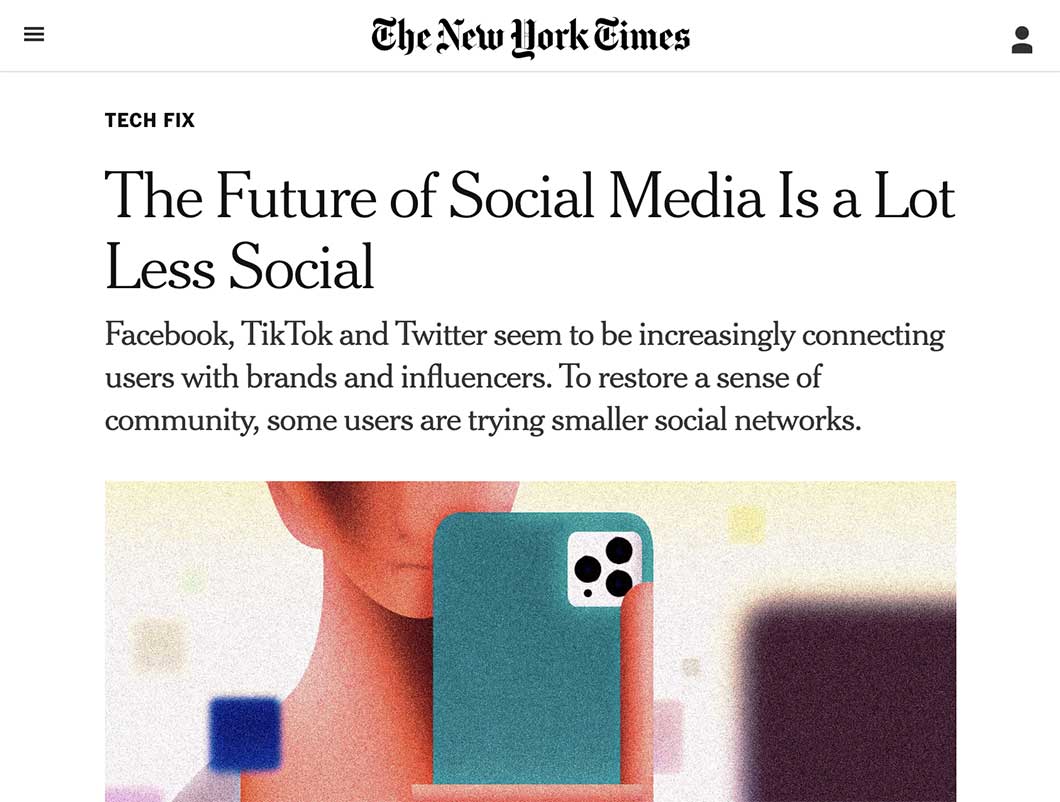While in residence as a guest professor at Aarhus University last fall, I gave a talk that (re)frames my art practice and artworks as establishing and enacting an aesthetics of degrowth. Titled From Forever More to Degrowth Aesthetics: Tactics of Bounding in the Digital Infinite, I examine the growth aesthetics embedded in today’s big tech platforms, showing how their designs reshape our conceptions of life as limitless in order to convert our time and attention into endless profit. Then I walk through a series of projects that counter, subvert, and reimagine this digital landscape, discussing how net art makes possible a “tactics of bounding” that helps us recover a sense of finitude in the face of the digital infinite.
Here’s the original abstract:
From Forever More to Degrowth Aesthetics: Tactics of Bounding in the Digital Infinite
17 November 2023
Peter Bøgh Andersen Auditorium
Aarhus University, DenmarkDespite their lofty mission statements, today’s leading social media platforms primarily emphasize one singular concept: more . These capitalist software machines are designed to stoke an insatiable cycle of production and consumption in order to maximize corporate growth and profit. To achieve this, they leverage data and scale to produce signals and interface patterns that keep users engaged, promising connection and joy in exchange for growing shares of our time and attention. This talk presents a series of art projects that resist these accumulative logics, works that employ an aesthetics of degrowth that reconfigures and/or reimagines the social apps that aim to trap us in endless loops—until there’s no more time left to give.
Many thanks to my amazing colleagues in Aarhus University’s Department of Digital Design and Information Studies and the Digital Aesthetics Research Center (DARC) for their support of my visit. My time with you all continues to reverberate in my work and beyond.
